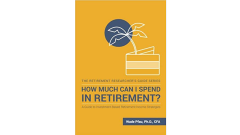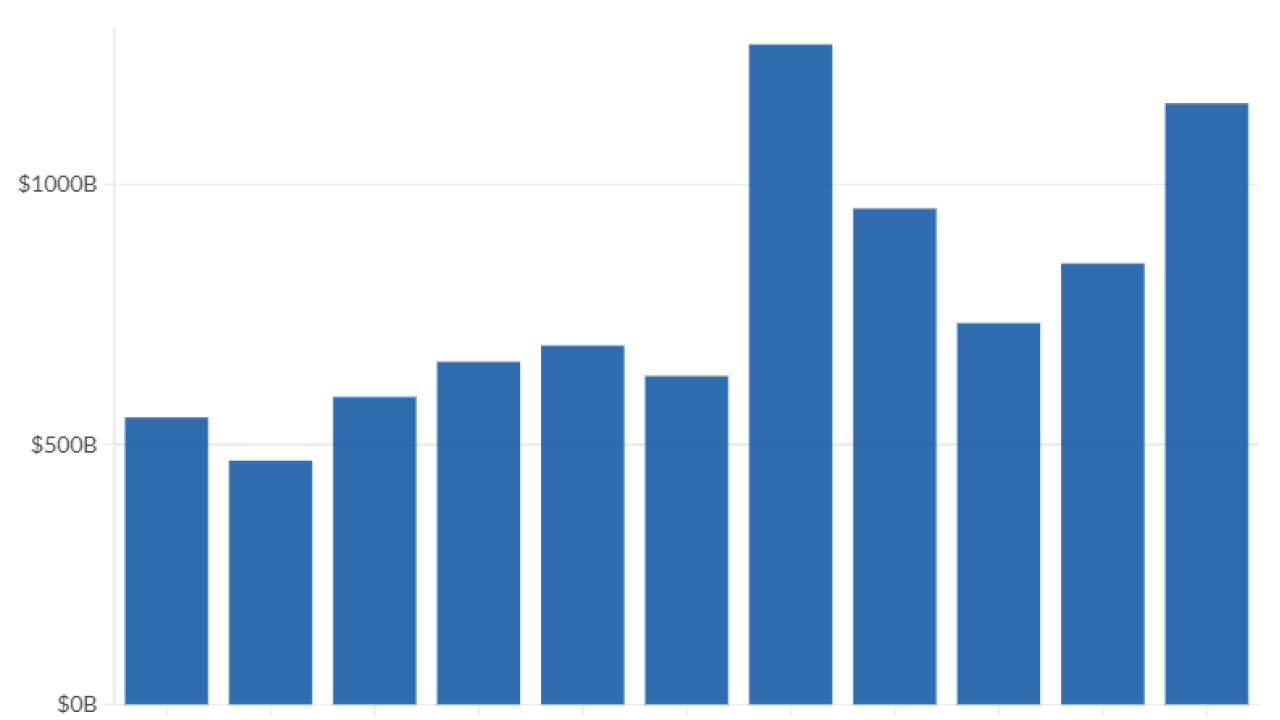It’s winter during a pandemic: the perfect season to snag a bit of alone time by reading a book. We asked financial advisors across the country to tell us the best work-related books they’re reading now or have recently finished. From business to finance to economic history, these books will help you level up in practice management, investment strategies, and behavioral finance. Or they might help you better understand the world you and your clients live in.
Switch by Chip Heath and Dan Heath
President and founder, Adam Financial Associates, Boca Raton, Florida

How much can I spend in retirement? by Wade Pfau
Partner, Director of financial planning, Shrier Wealth Management, Los Angeles, California

The Deficit Myth by Stephanie Kelton
Senior advisor associate, Wealthspire Advisors, New York City

Stamped from the Beginning by Dr. Ibram X. Kendi
President, Harris & Harris Wealth Management Group, Upper Marlboro, Maryland

A random walk down Wall Street by Burton Malkiel
Chief investment officer, Greenwich Wealth Management, Greenwich, Connecticut

The E-Myth Revisited by Michael Gerber
President, wealth advisor, Charleston Investment Advisors, Mt. Pleasant, South Carolina

This Land is Our Land by Suketu Mehta
Client strategist, BNY Mellon Wealth Management, New York City

Client Psychology by Charles R. Chaffin, ed.
President, Voice Wealth Management, New York City










